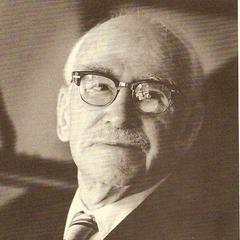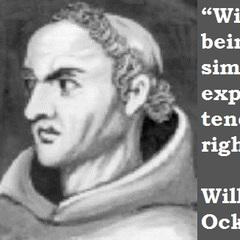David Hume Quotes - Page 3
John Hill Burton, David Hume (1983). “Life and Correspondence of David Hume”, Facsimiles-Garl
David Hume (2012). “An Enquiry Concerning Human Understanding”, p.10, Courier Corporation
David Hume (1826). “The Philosophical Works: Including All the Essays, and Exhibiting the More Important Alterations and Corrections in the Successive Ed. Publ. by the Author”, p.387
The heart of man is made to reconcile the most glaring contradictions.
'Essays, Moral, Political, and Literary' (ed. T. H. Green and T. H. Grose, 1875) 'Of the Parties of Great Britain' (1741-2)
David Hume (1874). “A Treatise on Human Nature: Being an Attempt to Introduce the Experimental Method of Reasoning Into Moral Subjects; and Dialogues Concerning Natural Religion”, p.111
David Hume (1957). “The Natural History of Religion”, p.51, Stanford University Press
David Hume (1824). “The Philosophical Works of David Hume ... Containing Dialogues Concerning Natural Religion, Essays on the Immortality of the Soul, Suicide ... &c. A New Edition”, p.118
Eloquence, when in its highest pitch, leaves little room for reason or reflection.
David Hume (1826). “The Philosophical Works: Including All the Essays, and Exhibiting the More Important Alterations and Corrections in the Successive Ed. Publ. by the Author”, p.137
"An Enquiry Concerning Human Understanding". Book by David Hume. Section 10: "Of Miracles", Part 2, 1758.
David Hume (1998). “Selected Essays”, p.58, Oxford Paperbacks
Beauty, whether moral or natural, is felt, more properly than perceived.
David Hume (1772). “An inquiry concerning human understanding. A dissertation on the passions. An. inquiry concerning the principles of morals. The natural history of religion”, p.183
David Hume, Geoffrey Sayre-McCord “Moral Philosophy”, Hackett Publishing
David Hume (2015). “A Treatise of Human Nature: Top Philosophy Collections”, p.110, 谷月社
David Hume, Richard H. Popkin (1998). “Dialogues Concerning Natural Religion (Second Edition)”, p.122, Hackett Publishing
David Hume (2015). “A Treatise of Human Nature”, p.984, David Hume
David Hume (2016). “The History of England, vol. 1~6, Completed: Revision of Great Book”, p.234, VM eBooks
David Hume (1826). “The Philosophical Works: Including All the Essays, and Exhibiting the More Important Alterations and Corrections in the Successive Ed. Publ. by the Author”, p.232
Adam Ferguson, David Hume, David R. Raynor (1982). “Sister Peg: A Pamphlet Hitherto Unknown by David Hume”, p.19, Cambridge University Press
'Essays' (1741-2) 'Of Civil Liberty'







